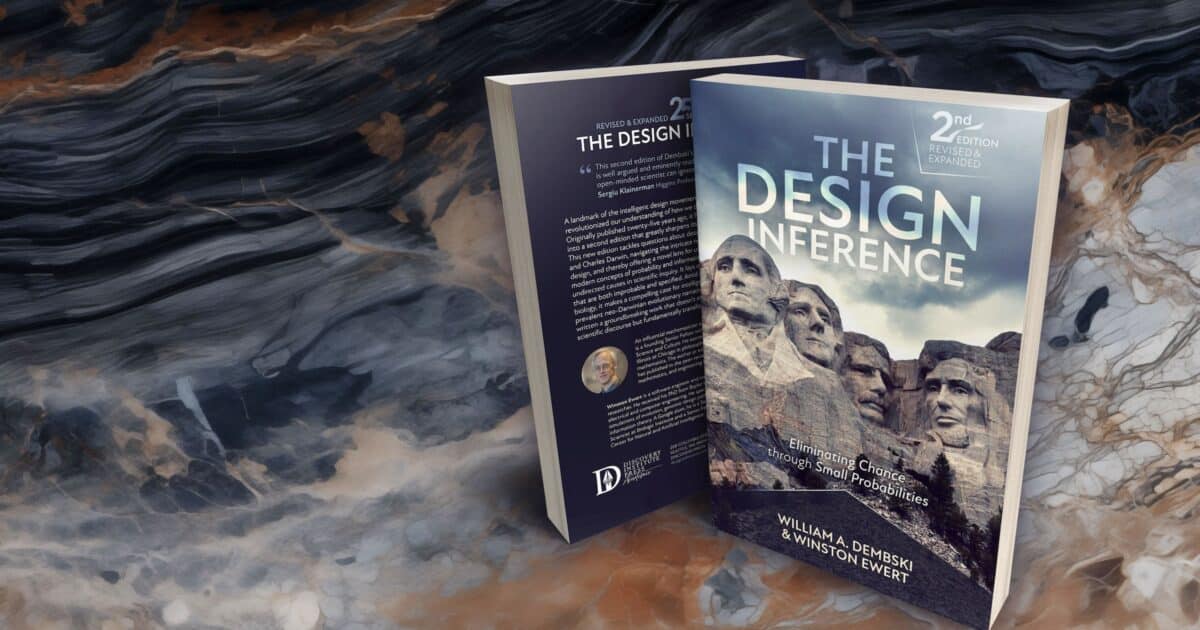
Archives


William Dembski on Information and the Mind-Body Relationship

Deep Fakes and Propaganda for Artificial General Intelligence

Artificial General Intelligence: Destroying the Idol

Artificial General Intelligence: The Oracle Problem

Artificial General Intelligence: Machines vs. Organisms

Artificial General Intelligence: Digital vs. Traditional Immortality

Artificial General Intelligence: AI’s Temptation to Theft Over Honest Toil

Artificial General Intelligence: The Poverty of the Stimulus

Artificial General Intelligence: The Creation Exceeding the Creator

Artificial General Intelligence: An Idol for Destruction

No. 6 Story of 2023: On Free Will, ChatGPT4 Blows Away Atheist Sam Harris

How Scientific Materialism Begot Woke Ideology

Mendel’s Peas and More: Inferring Data Falsification in Science

Natural Selection as the Great Designer Substitute

On Free Will, ChatGPT4 Blows Away Atheist Sam Harris

An Argument from Ignorance?

When ChatGPT Talks Science
Can AI ever transcend its trained biases?
Inferring the Best Explanation Using Artificial Intelligence
With its wealth of information at hand, how well can AI make accurate inferences?